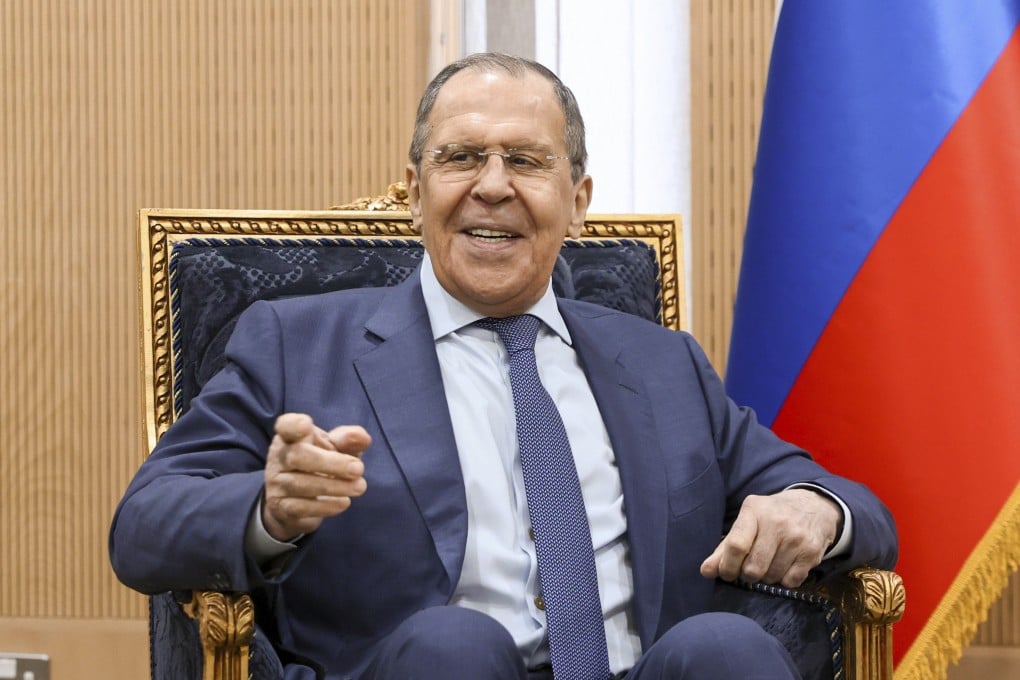Advertisement
Russia’s relationship with China is better than an alliance, says ambassador
- Ambassador Andrey Densiov told an online event that their relationship was flexible and had no upper limits
- Russia’s Foreign Minister Sergey Lavrov said the ‘hybrid war’ waged against the country after it attacked Ukraine offered new opportunities to work with Beijing
Reading Time:2 minutes
Why you can trust SCMP
98

The relationship between China and Russia is better than an alliance and has withstood the pressure triggered by the ongoing Ukraine war, according to senior Russian diplomats.
Speaking ahead of the opening of a symbolically important cross-border bridge, Russia’s ambassador to China Andrey Denisov and Foreign Minister Sergey Lavrov, said the Ukraine crisis has pushed Moscow and Beijing closer together.
“The relationship between China and Russia is not an alliance in form, but is better than an alliance. This relationship is flexible, with no upper limit and restrictions,” Denisov said in an online China-Russia relations forum on Wednesday.
Advertisement
The relationship is “not directed at third countries and is not affected by changes in external situations”, he said.
Ties between China and Russia are under close scrutiny in the West since Russia invaded Ukraine in late February.
Before Russia’s military operation started, Vladimir Putin and Xi Jinping met in Beijing and declared there was no limit to their partnership.
Advertisement
Select Voice
Select Speed
1.00x